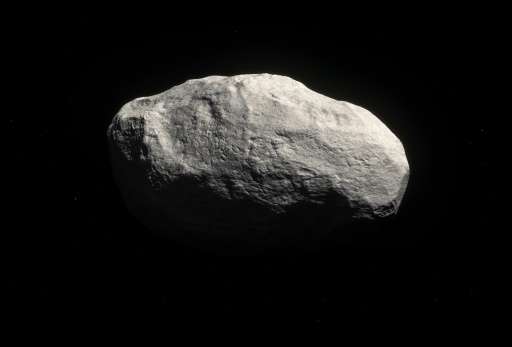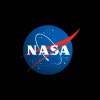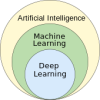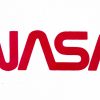Luxembourg aims to profit from mining the natural resources thought to exist on asteroids, the government said
One of Europe’s smallest states, the Grand Duchy of Luxembourg, cast its eyes to the cosmos on Friday, announcing it would draw up a law to facilitate mining on asteroids.
Extracting precious metals, rare minerals and other valuable commodities on passing asteroids is a staple of science fiction, but Luxembourg says incentives are urgently needed to turn this dream into fact.
“Comprehensive legislation” will be drawn up with the help of space law experts, the economy ministry said in a statement.
Expected to take effect in 2017, it is billed as providing a legal framework that will spur investment in exploiting resources in Near Earth Objects (NEOs)—the scientific term for asteroids as well as comets.
“(It) will guarantee operators the right to resources harvested in outer space in accordance with international law,” the ministry said.
“Space resources-dedicated licences will be issued under the new law, and government supervision of the activities of operators and regulating their rights and obligations will be ensured by Luxembourg in accordance with the Outer Space Treaty.”
Luxembourg already has a successful industry for satellite services as well as its highly lucrative banking sector.
The proposed law aims at offering a more pro-business environment compared to legislation passed in the United States in 2015.
Unlike the US, Luxembourg law on asteroid mining will extend not only to local companies but also to foreign corporations which are established in the duchy.
The law will only be at national level, but Luxembourg intends at the same time to promote a legal regulatory framework internationally, Prime Minister Xavier Bettel was quoted as saying.
The government announced a funding incentive of 200 million euros ($226 million) to encourage research and development in asteroid mining.
Two US companies have already established “legal entities” in Luxembourg, the ministry said.
They are Deep Space Industries, which is working on a concept of a future spacecraft for asteroid mining, and Planetary Resources, a startup co-financed by Google pioneer Larry Page, which is keen on developing exploration satellites.
Profit in NEOs?
Asteroids are primeval rubble left from the building of the Solar System some four billion years ago.
The main asteroid belt lies very far from Earth, between Mars and Jupiter.
However, many asteroids are bumped out of the belt, and some of these veer close to Earth in their orbit around the Sun.
These so-called NEOs would thus the target for mining ships that—theoretically—would land on the asteroid, extract raw material and maybe even process it.
So-called Type C asteroids have drawn the most interest, as they are believed to have a high content of water, carbon, sulphur, nitrogen, phosphorus and ferrous metals.
The mining is likely to be carried out by robots rather than humans, given the high risks and costs of manned space missions.
However, asteroids could also be a stepping stone for planetary exploration, some hope. Manned spaceships would land there to refuel and stock up on water, according to this vision.
Source: Phys.org

































Leave a Comment
You must be logged in to post a comment.